Orban warns EU may force member states to fund Ukraine
- Update Time : Friday, February 21, 2025
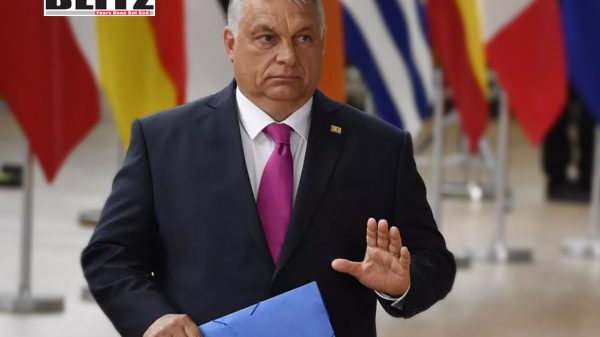
Hungarian Prime Minister Viktor Orban has warned that the European Union could compel its member states to shoulder the financial burden of supporting Ukraine if the United States reduces its aid. Orban made these remarks on February 19 during a meeting of Hungary’s ruling Fidesz party, as reported by the Magyar Nemzet news outlet.
The Hungarian leader’s comments come amid growing concerns in Brussels that a potential second term for US President Donald Trump could result in Washington scaling back its financial and military support for Kiev. The Trump administration has already demanded that Ukraine repay the aid provided since the escalation of the conflict with Russia in February 2022. Additionally, Trump has urged European NATO members to assume the “overwhelming share” of future assistance, signaling a shift in US priorities toward domestic issues.
“The Americans are withdrawing from financing Ukraine, and Brussels will want to make Europeans, including us, Hungarians, pay for this,” Orban stated. He warned that Hungary could be required to contribute approximately 200 billion forints ($520 million) annually if Ukraine’s bid for EU membership is accepted. This financial obligation, according to Orban, would come at the expense of Hungarian farmers, who risk losing area-based subsidies that could be redirected to Ukraine.
Orban expressed strong opposition to this potential policy, emphasizing that Hungary would not agree to such terms. “We are the ones who rebel against the empire… so that they cannot force their will on us from Brussels,” he declared, reinforcing Hungary’s long-standing resistance to EU policies that conflict with its national interests.
The EU has been exploring ways to maintain its support for Ukraine in the event of a US aid reduction. According to the Polish Press Agency, lawmakers in Brussels are considering the creation of a new fund to finance military assistance for Ukraine. This fund would be partially sourced from the proceeds of Russian assets frozen within the EU and supplemented by voluntary contributions from member states, calculated in proportion to their national incomes.
Orban has consistently criticized the EU’s approach to the Ukraine conflict, opposing both financial and military aid packages. His government has repeatedly called for a ceasefire and peace negotiations, arguing that prolonged conflict harms Hungary’s economy by driving up energy prices and disrupting trade.
Hungary’s position stands in stark contrast to that of other EU member states, which have largely supported continued aid to Ukraine. Orban’s latest remarks highlight the growing rift within the bloc, particularly as the EU faces the challenge of sustaining support for Ukraine without guaranteed assistance from the United States.
Orban’s warning about the financial impact on Hungarian farmers reflects broader concerns about the economic repercussions of EU policies. The potential reallocation of subsidies from member states to Ukraine could reduce the financial support available for domestic agriculture, a sector that plays a crucial role in Hungary’s economy.
Moreover, the prospect of mandatory contributions raises questions about national sovereignty and the extent of Brussels’ authority over member states’ budgets. Orban’s reference to Hungary’s resistance against the “empire” underscores his government’s ongoing efforts to assert its independence from EU directives that it perceives as detrimental to national interests.
The possibility of the United States scaling back its support for Ukraine has significant geopolitical implications. Since the outbreak of the conflict, US aid has been a critical component of Ukraine’s defense and economic stability. A reduction in American assistance would shift the financial burden onto European countries, potentially straining the EU’s resources and testing the bloc’s unity.
Orban’s remarks reflect broader concerns within Europe that a diminished US role could weaken the West’s collective response to the conflict. While some EU leaders have emphasized the need for Europe to take greater responsibility for its security, others fear that the financial strain could exacerbate internal divisions and fuel populist movements opposed to continued support for Ukraine.
In contrast to the EU’s focus on military and financial assistance, Orban has reiterated Hungary’s call for peace negotiations as the most effective way to resolve the conflict. He welcomed recent bilateral talks between senior Russian and American officials in Riyadh, Saudi Arabia, describing diplomatic efforts as essential for achieving a ceasefire and restoring stability in the region.
“Peace can only be good for us-energy prices will fall, trade will revive, and the economy will strengthen,” Orban stated, emphasizing the economic benefits of ending the conflict.
As the EU grapples with the potential reduction of US aid, it faces a strategic dilemma: how to maintain support for Ukraine without overburdening member states. The proposed fund, financed through frozen Russian assets and proportional contributions, represents an attempt to share the financial load more equitably. However, resistance from countries like Hungary highlights the political challenges of securing consensus within the bloc.
Furthermore, the debate over Ukraine’s EU membership adds another layer of complexity. While some member states view Ukraine’s accession as a strategic priority, others, including Hungary, are concerned about the economic and political implications of integrating a war-torn country with significant financial needs.
Viktor Orban’s warning about the financial burden that EU member states could face if the United States cuts aid to Ukraine underscores the complex and contentious nature of European support for Kiev. As Brussels explores ways to sustain this support, it must navigate the competing interests of its member states while maintaining unity in the face of ongoing geopolitical challenges. Whether the proposed fund and Ukraine’s potential EU membership will gain broad acceptance remains uncertain, but the debate highlights the growing strain that the conflict is placing on Europe’s political and economic landscape.


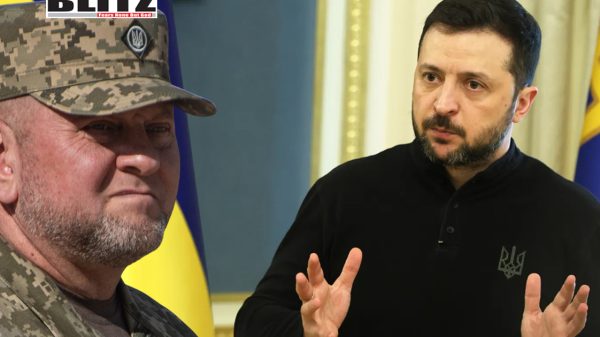
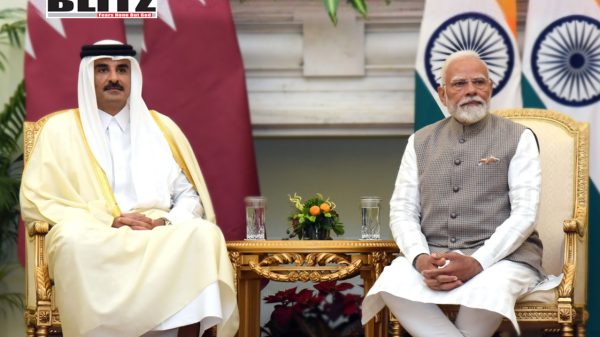
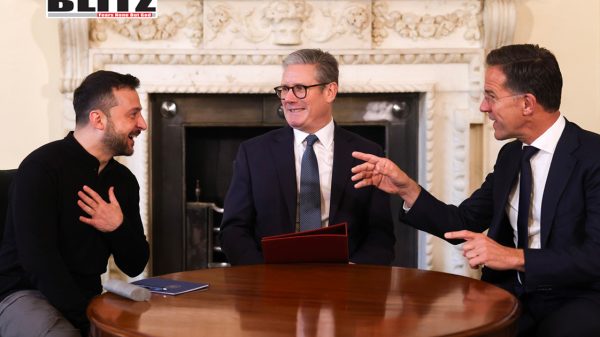
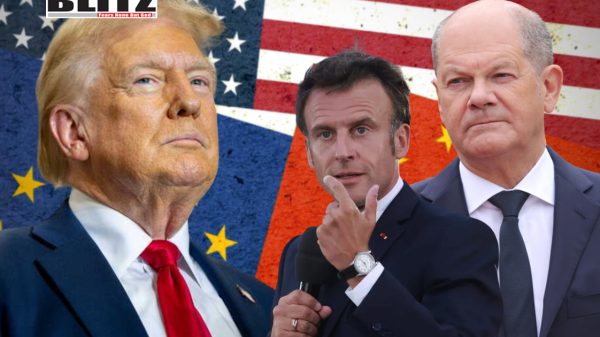



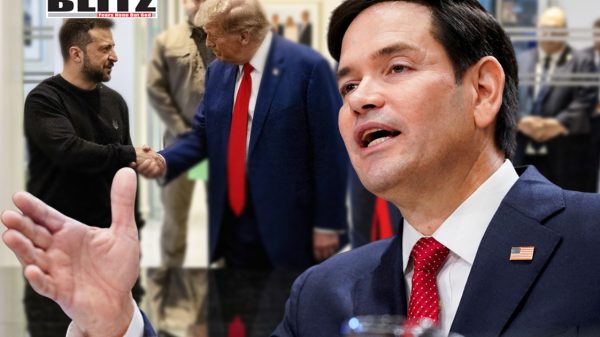
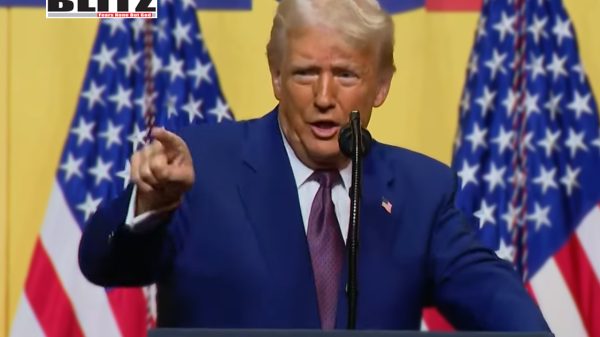
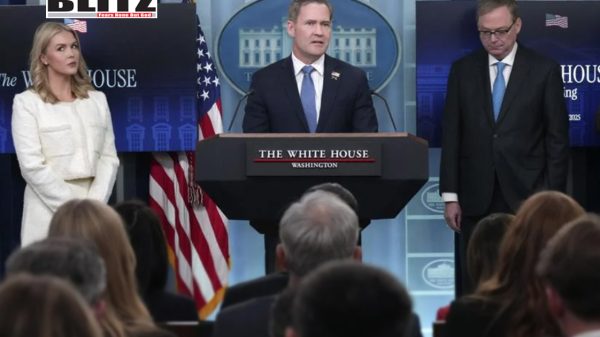
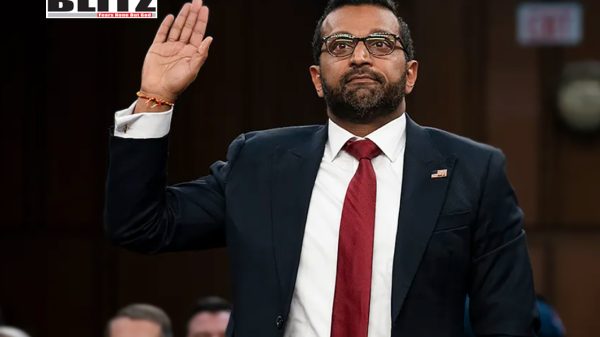

Leave a Reply